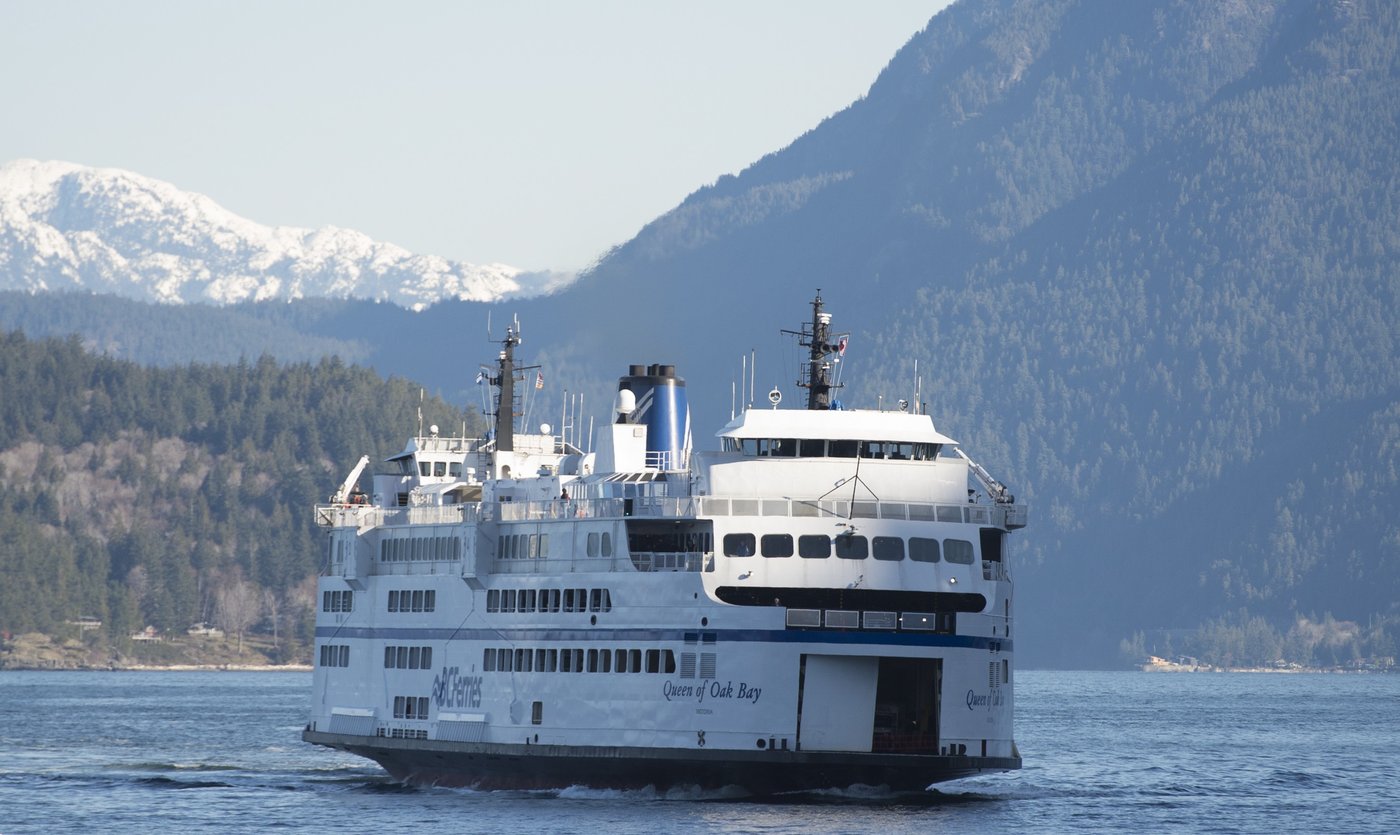Did Kelowna's short-term rental ban impact summer business? The city crunched the numbers
Since the short-term rental ban came into effect in Kelowna a year ago, people from various businesses complained about its potential impact. Now the city is taking a look at data behind those claims and found it isn't so clear.
City of Kelowna staff are going to present a report on how short-term rental regulations affected housing and tourism at a city council meeting Monday, Jan. 20.
“Kelowna's short-term rental regulations have faced criticism from local businesses and developers. Wineries, restaurants, tour operators, construction firms, plumbing services, and home furnishing stores have claimed that a shortage of short-term rentals has hurt their summer business,” the report said.
People have been complaining about the short-term rental regulations but the city said the numbers on the short-term rental ban, also referred to as the Airbnb ban, are inconclusive on how much of an impact the ban had on the city.
The report recommends council loosen the short-term rental regulations so they align with the provincial rules. This would allow for some people to open up space in their primary residence to use as a short-term rental, plus a secondary suite on the same property.
There is a caveat in the provincial law where a city that has a vacancy rate over three per cent for two years in a row can opt out of the primary residence restriction.
The report said if the city aligns with the provincial law it will open the door for funding from higher levels of government that would help with enforcement, and it would help address people’s complaints about the current rules.
Between 2020 and 2023, there was a 93 per cent increase in short-term rentals in Kelowna, jumping from 630 to 1,217.
After the ban came into full effect in May 2024 there were just 427 approved secondary use short-term rentals that were allowed to stay open for business.
Kelowna’s housing market hit some good targets in 2024. The rental vacancy rate went up from 1.3 per cent to 3.8 per cent, and rentals.ca recently put out a report showing rent prices have started to decline.
READ MORE: 'I lost $50K': An Okanagan summer without Airbnb
The report said that banning short-term rentals might have had an impact on vacancy rates, but the more impactful change is an increase in new builds.
“This is a level not seen in 20 years. In 2017, the vacancy rate was 0.2 per cent, and 0.6 in 2021. In 2024, the City of Kelowna has steadily been approving rezoning and development permits for rental-only buildings, so the actual increase in vacancy will be seen potentially in late 2025 and in 2026,” the report said.
Although new construction is the main driver for the higher vacancy rate, Kelowna had a relatively large portion of rental units taken up by short-term rentals.
Statistics Canada released data comparing the amount of short-term rentals that could be converted to long-term dwellings. It found that for a city of its size Kelowna had the highest percentage of housing that could be converted from short-term rental to long-term housing.
Before the ban, Kelowna had 1.44 per cent of potential long-term housing used as short-term rentals whereas the next highest percentage was in Victoria at 0.9 per cent.
As far as the regulation’s impact on tourism, the report found no conclusive information proving the short-term rental rules had a significant impact.
Tourism Kelowna found travellers through Kelowna International Airport continued to increase with two million passengers coming through its gates in 2024. Hotels saw occupancy rates go up 2.2 per cent and revenue per available room went up as well.
READ MORE: Tourism boost in Thompson-Okanagan a silver lining to declining Canadian dollar
Weather events like the cold snap in January and the heat wave in July had a far more noticeable impact on tourism. The report also noted the impact wildfires had on tourism in the Okanagan and Western Canada more broadly.
“The data does not provide clear results. Both tourism and housing markets are complex, with (short-term rental) regulations being only one factor. It is unclear if these restrictions improved housing affordability or impacted tourism. The rise in rental vacancy rates stems from more purpose-built rentals in larger developments, not an increase in secondary suites converting from short-term rentals to long-term rentals. Economic factors and extreme weather have affected tourism in Western Canada, creating uncertainty,” the report said.
To contact a reporter for this story, email Jesse Tomas or call 250-488-3065 or email the editor. You can also submit photos, videos or news tips to the newsroom and be entered to win a monthly prize draw. Find our Journalism Ethics policy here.
We welcome your comments and opinions on our stories but play nice. We won't censor or delete comments unless they contain off-topic statements or links, unnecessary vulgarity, false facts, spam or obviously fake profiles. If you have any concerns about what you see in comments, email the editor in the link above. SUBSCRIBE to our awesome newsletter here.




